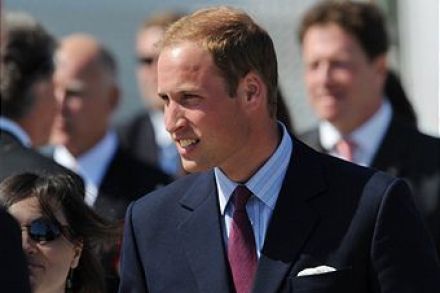The government urges Murdoch to drop the bid
The news that the government is to support Labour’s motion tomorrow calling on Rupert Murdoch and News Corporation to withdraw their bid for BSkyB is a victory for Ed Miliband — and a sign of how all political parties are rushing to distance themselves from Murdoch. George Osborne likes to say that the ‘first thing you have to do in politics is learn to count’ and the truth was that the government didn’t have the votes to block this motion even if it wanted to. Tory MPs had no desire to be seen to be voting for Murdoch in the present climate. But it is still remarkable that the Tories












